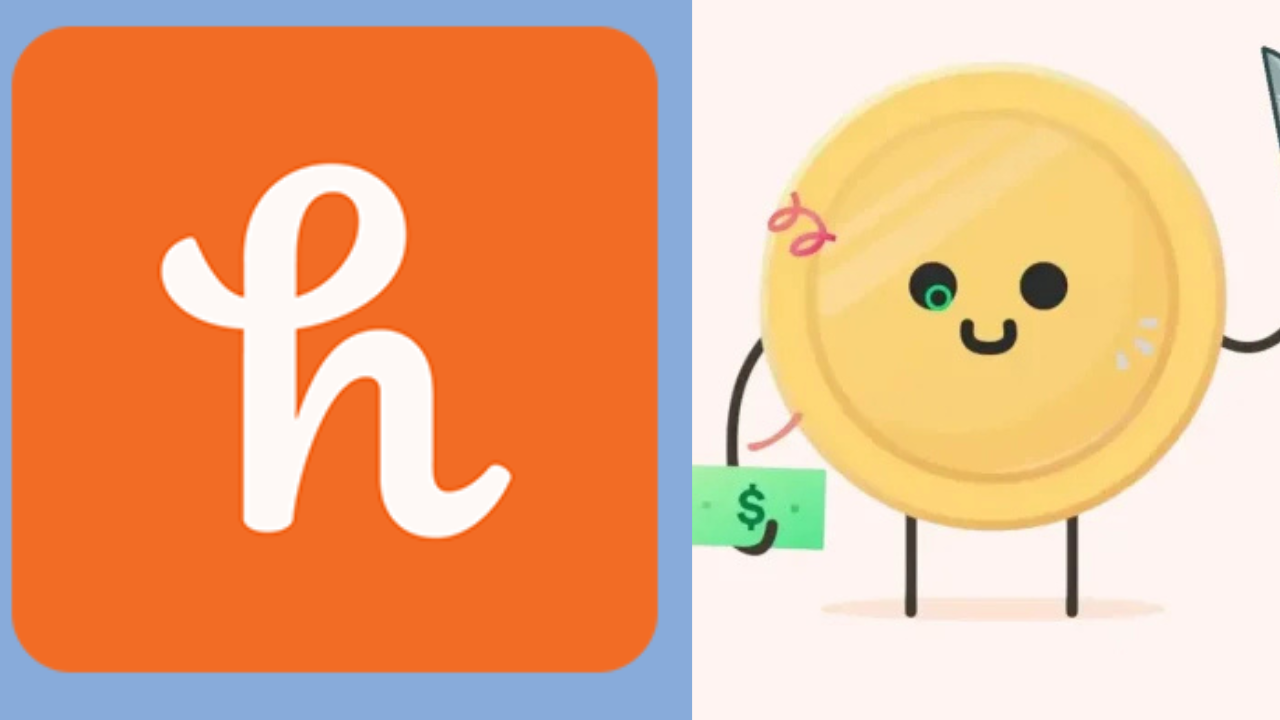
Why You Should Think Twice Before Using the Honey Browser Extension
Honey, the browser extension that promises to help you save money by automatically applying discount codes when you shop online, has gained millions of users over the years. It's been marketed as a simple and effective tool for finding the best deals, but recent investigations suggest that this "free" service may be doing more harm than good for consumers. A deep dive into Honey's practices by YouTuber MegaLag raises serious questions about how the extension works—and whether it’s really living up to its promises.
When Honey was launched back in 2012, it was a game-changer for online shoppers. It quickly went viral, boasting features that claimed to automatically apply the best discount codes available during your checkout process, ensuring you never missed out on a sale again. As online shopping grew in popularity, Honey capitalized on the increasing reliance on discount codes. The idea was simple: install the extension, and you’d always get the best possible price without lifting a finger.
Also Read:- Serbia’s Streets Echo with Protests: Citizens Demand Accountability
- CeeDee Lamb’s Historic Performance: A New Chapter for the Dallas Cowboys
However, as the years passed, it became clear that Honey wasn’t all it seemed. MegaLag’s investigation uncovered troubling evidence that undermines Honey’s reputation as a money-saver. Instead of always applying the best discount, Honey sometimes promoted discount codes that were less beneficial for consumers. This happened because, over time, Honey began partnering with businesses to offer specific, often smaller, discounts that worked in their favor. As a result, users were steered toward these partnerships, missing out on codes that could have saved them more money.
One of the most shocking findings from MegaLag’s video focused on how Honey manipulates sales attribution, particularly in the influencer marketing space. Many YouTubers and bloggers, such as Linus Tech Tips and Marques Brownlee, promote products and include affiliate links to earn a small commission on sales. But when someone with Honey installed clicks on one of these affiliate links, Honey’s algorithm steals the credit for the sale, diverting the revenue away from the influencer. This unfairly benefits Honey and the businesses it partners with, while robbing creators of their rightful earnings.
For many, this is the final straw. While Honey may have started with good intentions, the business model has shifted significantly. The extension, now owned by PayPal, seems to prioritize its own interests, and those of the companies it works with, rather than looking out for consumers. If you're using Honey to help you shop smarter, it might be time to reconsider. Researching the best deals on your own can often yield better results than relying on an extension that might be costing you more in the long run.
So, while Honey once promised to save you money, it’s now clear that it may be doing the opposite. Whether it’s misleading consumers with lower discounts or stealing sales from influencers, Honey's true impact on the online shopping world is less than transparent. If you want to make sure you're getting the best deals, you’re better off uninstalling the extension and doing some research on your own.
Read More:



0 Comments